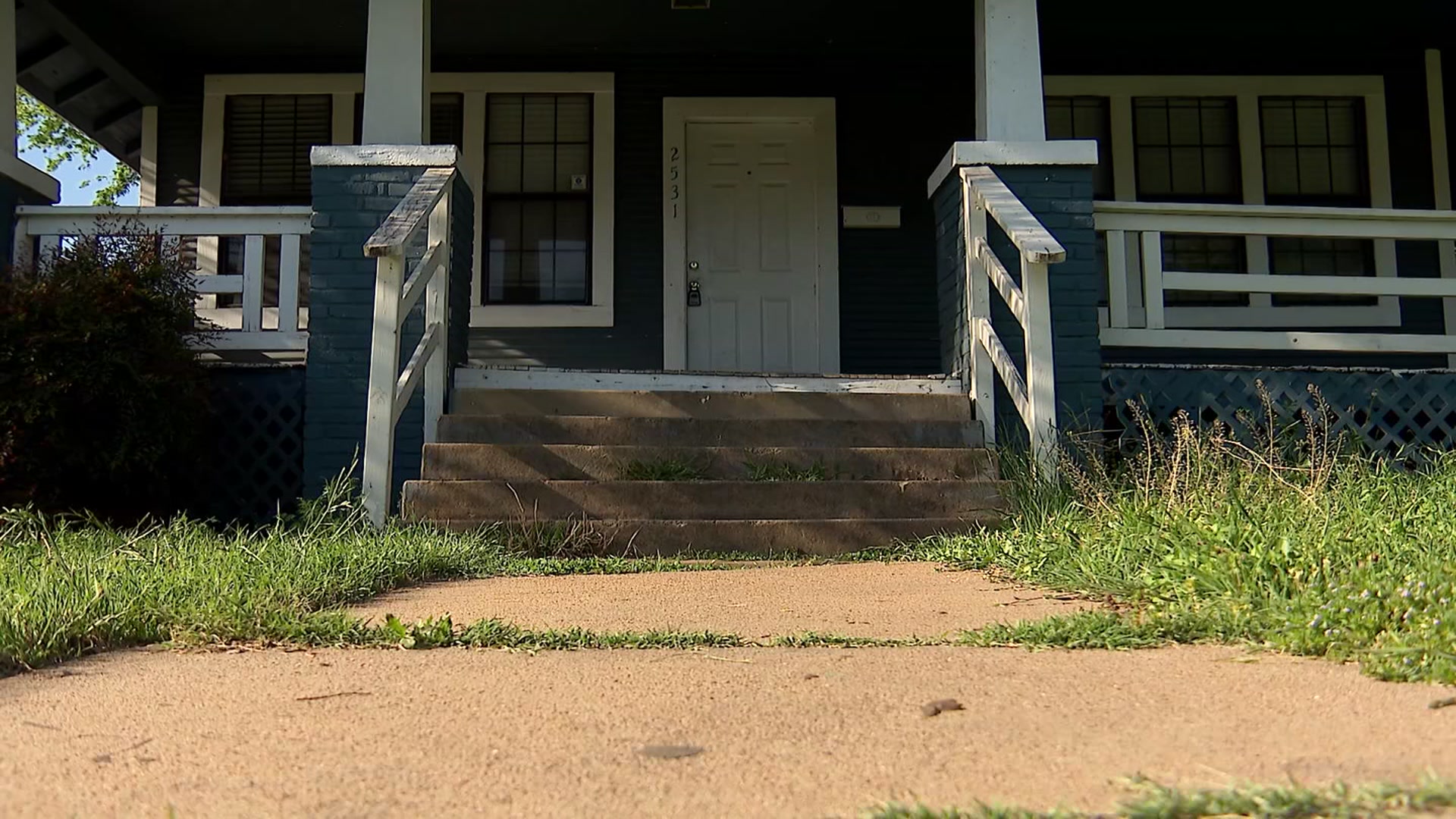Dallas County Health and Human Services said Tuesday that an 8th person has died in the county after being infected with West Nile virus.
The patient lived in zip code 75229 and had been diagnosed with West Nile neuroinvasive disease.
The county has not said if the patient had any underlying medical conditions. Due to patient confidentiality reasons, no further information about the patient will be released.
Get tips on symptoms of West Nile and West Nile prevention here.

Dallas County Expands Ground Spraying Program
Tuesday, Dallas County officials resisted a recommendation from the Dallas County Medical Society to immediately begin aerial spraying to combat West Nile virus carrying mosquitoes.
The recommendation came in a letter from the medical society to the Dallas County Health Department. Click here to read that letter.
Local
The latest news from around North Texas.
Dr. James Luby, and infectious disease expert at the University of Texas Southwestern Medical School, is one of the 13 Medical Society Board Members who voted unanimously in favor of aerial spraying to fight West Nile virus.
“We’re applying insecticide in conventional manner and we’re not having the success that we should,” Dr. Luby said.
But County Health Director Zach Thompson said the county and the city of Dallas prefer a switch to expanded ground spraying.
Their plan is to spray infected areas three nights in a row to reduce the mosquito population.
“We’ve already tested that. It’s been effective in our testing and we’re going to move forward with municipalities in terms of spraying three nights in a row,” Thompson said.
At their meeting Tuesday morning, county commissioners supported Thompson and his efforts and did not endorse the medical society plan, which Commissioner John Wiley Price called “alarmist.”
Commissioner Maurine Dickey agreed with the others in their praise for Thompson.
“When you’re going into a battle, and I do believe this is a battle, you need to have a general, not a committee, and I think you have provided very good leadership,” Dickey said.
Thompson said aerial spraying could present other problems in an urban area with a very large population such as Dallas.
“We don’t want any type of repercussions from citizens who may have some type of health issues, there’s a lot of dynamics,” he said.
Thompson and Dallas County Medical Director, Dr. Christopher Perkins, said targeted ground spraying poses less risk.
“It’s a blanket approach when you go from aerial spraying versus a target or surgical approach from the ground,” Perkins said.
Dr. Luby said aerial spraying could also be targeted and would be safer than the increasing spread of West Nile.
“What I’m concerned about is the number of cases, the fact that we’re in the relatively early part of the summer,” Luby said.
Thompson plans to try expanded ground spraying first and consider aerial spraying later.
“I’m looking for vetted information from cities who’ve done spraying in urban areas, and looking at what is the best practice,” Thompson said.
West Nile Virus Facts
Most people bitten by a West Nile virus-infected mosquito will not show any symptoms. Symptoms, if they appear, are fever, headache, nausea, body aches, swollen lymph nodes and skin rashes.
Fewer than 1 percent of those infected with West Nile virus experience the serious form of the illness. Serious symptoms include high fever, severe headache, neck stiffness, disorientation, tremors or convulsions, vision loss, muscle weakness and numbness or paralysis.
Both Dallas and Richardson are urging residents to:
- Drain standing water around their homes to reduce mosquito breeding grounds.
- Dress in pants and long sleeves when outside, but avoid becoming too hot.
- Apply an insect repellent that contains DEET to exposed skin and to clothing when outdoors.
- Stay indoors at dusk and dawn, when mosquitoes are most active.



